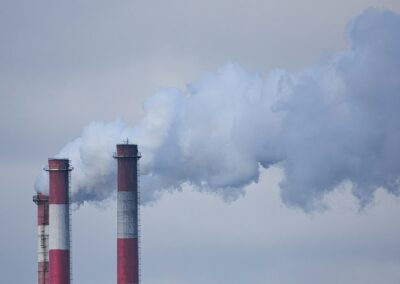Making the Paris Agreement: Historical Processes and the Drivers of Institutional Design
Publication details
The urgency of zero
Research paper
Hale, Thomas
2021
Latest news

Using natural carbon sinks to offset emissions will not stop global warming, scientists say
As the COP29 negotiations continue, a new study published today in Nature demonstrates that protecting and maintaining natural carbon sinks, while vitally important, will not compensate for ongoing fossil fuel use. Natural carbon sinks such ... Read more


ONZ Fellows contribute to progress report for UN Secretary General
A new report, published today at COP29 in Baku and presented to the UN Secretary General, details the progress that non-state entities are making towards high-integrity net zero commitments. The report is a follow-up to the 2022 Integrity ... Read more


Job opening: Postdoctoral Research Associate in Carbon Accounting
The School of Geography and the Environment and the Department of Earth Sciences are recruiting a Postdoctoral Research Associate (PDRA) in Carbon Accounting to work on the Net Zero Aviation project. This position involves researching carbon ... Read more
See more news and events